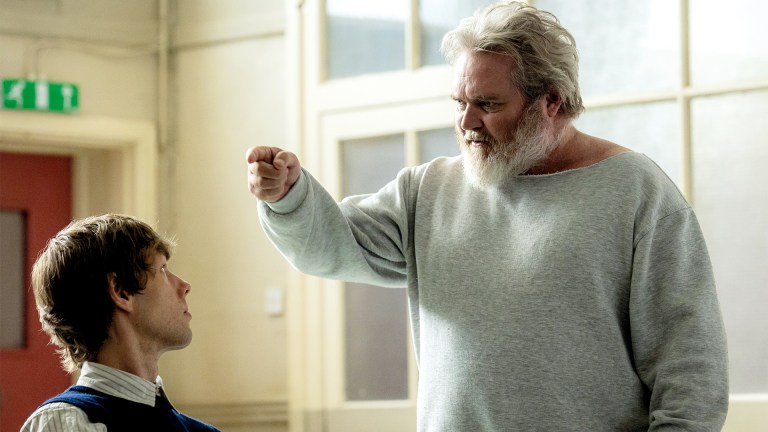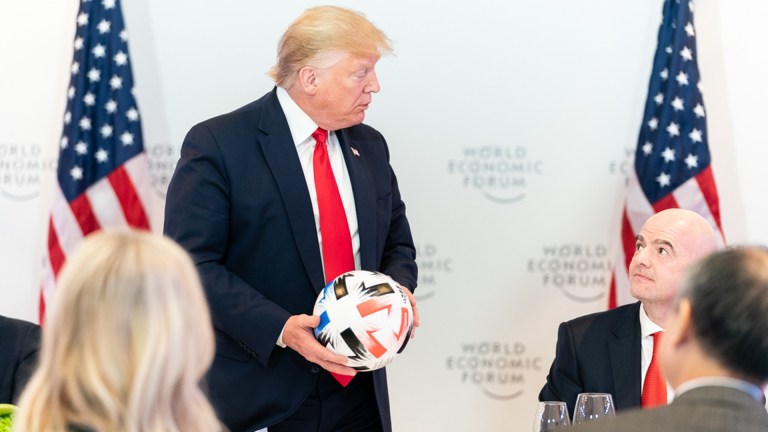Iceland supermarket is offering shoppers micro-loans to pay for their groceries. The money is interest free, the repayment plans are designed to be helpful rather than loaded with threat and the loans are being provided by ethical lender Fair for You. It means people on the edge don’t have to immediately go hungry or have to visit nasty backstreet lenders to keep heads above water. If they meet repayments the borrowing also helps their credit file.
That’s the positive. The flipside is that in 2022 people are facing such dire straits that in order to eat basics they are having to borrow money. And the best, most decent lender available is a high street supermarket that is lending so people can buy from the supermarket. There is more outrage over Jerry Sadowitz’s Edinburgh show than this shocking state we’re in.
The oncoming financial emergency hasn’t started yet. The groceries loan isn’t so much a canary in the mine as a roaring siren with blue flashing lights and a massive barking dog on top, just in case we weren’t getting the message. The crisis has started. The hurt has started. The borrowed money will have to be paid back. And that could lead to more borrowing. When the cap is blown off the energy bills, gaps between income and essential outgoings will be cavernous. And then what?
It is the nation-sized question shadowing everything. Some answers are coming, some solutions are being offered. Frustratingly, most of the solutions aren’t from those in office.
At present all policy thinking comes with the caveat – depending on who is in Number 10 on September 5. The Tory leadership battle has been going on for so long it’s turning into a piece of Beckettian absurdity, all tasselled with taxes and their intense, obsessive, tedious war on woke. Has it always been this way? Will it always be this way? Is this the real life? Is this just fantasy?
And when do grown-ups with deep thinking and hinterlands and an ability to learn from history get involved? Ironically, for all the brickbats thrown at Corbyn and McDonnell during their time in charge of Labour, they at least tried to look at positive reform of longstanding governmental fiscal structures when they formed their Economic Advisory Committee.









